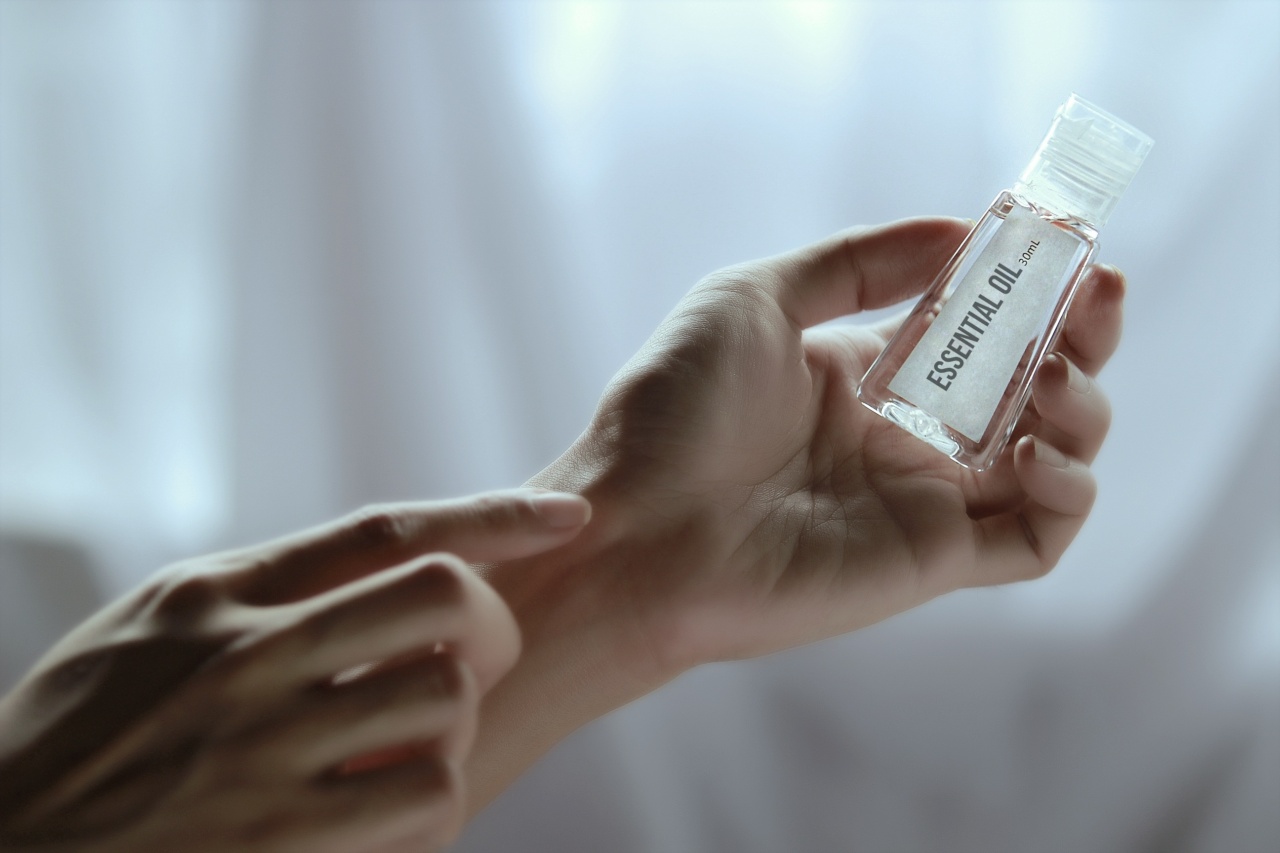Acne is a common skin condition that affects people of all ages. It occurs when the hair follicles become clogged with oil and dead skin cells, leading to the formation of pimples, blackheads, and whiteheads.
While there are numerous over-the-counter and prescription treatments available for acne-prone skin, some individuals prefer to explore herbal remedies as a more natural alternative. In this article, we will discuss ten effective herbal treatments for acne-prone skin.
1. Tea Tree Oil
Tea tree oil is derived from the leaves of the Melaleuca alternifolia tree and has been used for centuries as an antibacterial agent. It has powerful antimicrobial properties that can help kill acne-causing bacteria and reduce inflammation.
To use tea tree oil, dilute it with a carrier oil such as coconut oil and apply it directly to the affected areas using a cotton swab.
2. Aloe Vera
Aloe vera gel is renowned for its soothing and healing properties. It can help reduce inflammation, redness, and swelling associated with acne. Aloe vera also contains antioxidants that promote skin repair and regeneration.
Extract fresh gel from an aloe vera leaf and apply it directly to the affected skin twice a day.
3. Witch Hazel
Witch hazel is a natural astringent that can help shrink pores and reduce oil production. It also possesses anti-inflammatory properties, making it suitable for acne-prone skin.
Apply witch hazel using a cotton ball after cleansing your face to help remove excess oil and tighten the skin.
4. Calendula
Calendula, also known as marigold, has antibacterial and anti-inflammatory properties that make it effective for treating acne. It can help heal and soothe the skin while preventing further breakouts.
Prepare a calendula infusion by steeping calendula flowers in boiling water, then strain the liquid and apply it to the affected areas using a cotton pad.
5. Lavender Oil
Lavender oil possesses antimicrobial and anti-inflammatory properties that can help combat acne. It can help reduce redness, irritation, and promote healing.
Mix a few drops of lavender oil with a carrier oil and gently massage it onto the affected areas before bed.
6. Neem
Neem is a powerful herb with antibacterial and antifungal properties. It helps cleanse the skin, prevent acne-causing bacteria growth, and reduce inflammation. You can create a neem face mask by mixing neem powder with water to form a paste.
Apply the paste on your face, leave it on for 15 minutes, then rinse off with warm water.
7. Turmeric
Turmeric has been used for centuries in traditional medicine for its anti-inflammatory and antiseptic properties. It can help reduce redness and inflammation associated with acne.
Mix a teaspoon of turmeric powder with honey to form a paste and apply it to the affected areas. Leave it on for 15-20 minutes before rinsing.
8. Green Tea
Green tea contains antioxidants that help fight inflammation and reduce sebum production. It also possesses antimicrobial properties that can effectively target acne-causing bacteria.
Brew a cup of green tea, allow it to cool, then apply it to your face using a cotton ball as a toner.
9. Rosemary
Rosemary has antimicrobial and toning properties that make it suitable for treating acne-prone skin. It can help tighten the pores, minimize excess oil, and reduce inflammation.
Create a rosemary-infused toner by steeping a handful of rosemary leaves in boiling water, then strain the liquid and allow it to cool before applying it to your face.
10. Chamomile
Chamomile has anti-inflammatory and calming properties that can help soothe acne-prone skin. It can reduce redness, irritation, and promote healing.
Brew a cup of chamomile tea, allow it to cool, then pour the liquid into a spray bottle and mist it onto your face or apply it with a cotton pad.






























